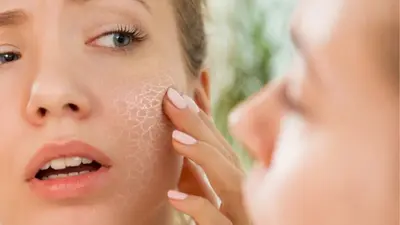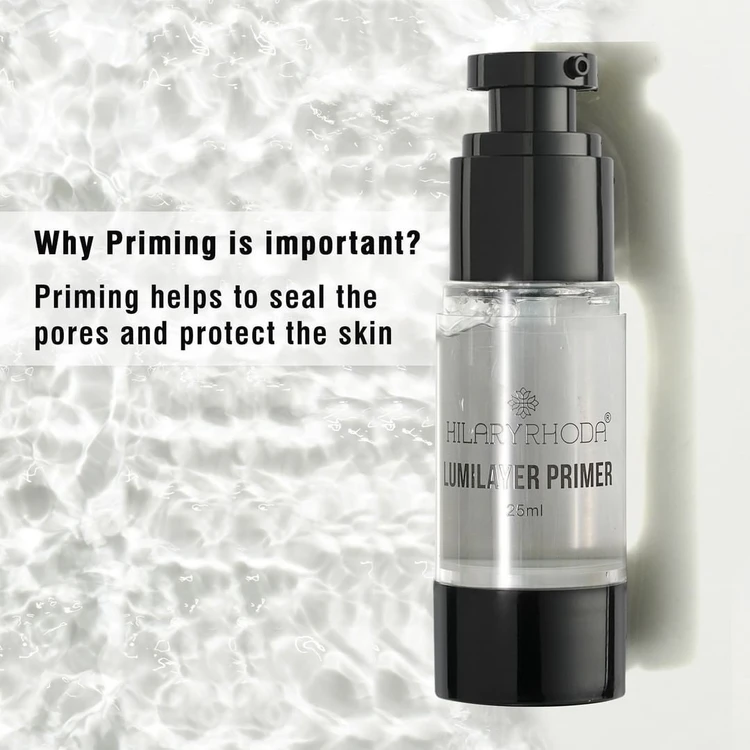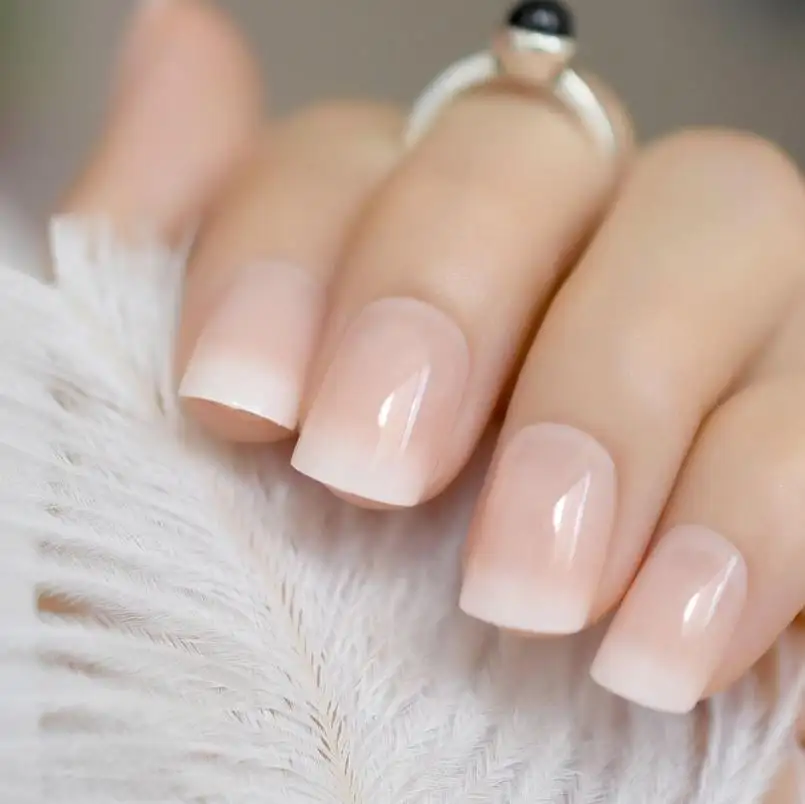Beauty Myths Debunked: Separating Fact from Fiction
In the realm of beauty, myths are everywhere, often leading to confusion and misinformation. Many people strive to find the perfect routine to enhance their appearance, but they may unknowingly fall victim to common misconceptions. This blog post aims to clarify some of the most widespread beauty myths, offering evidence-based insights to help you make informed decisions about your beauty regimen.
Myth 1: You Need Expensive Products for Great Results
One of the most persistent myths in the beauty industry is that high-priced products guarantee better results. While some luxury brands do offer high-quality formulations, many affordable products can provide similar benefits. The effectiveness of a product often hinges on its ingredients rather than its price tag. For example, drugstore brands frequently use the same active ingredients as their high-end counterparts. Therefore, it’s crucial to focus on the ingredient list rather than the brand name or price.
Myth 2: Natural Ingredients Are Always Better
The idea that natural substances are intrinsically safer and more potent than synthetic ones is another widespread one. While many natural ingredients can be beneficial, they aren’t always the best choice for everyone. Some individuals may have allergies or sensitivities to certain natural substances, such as essential oils or plant extracts. Additionally, synthetic ingredients can be formulated to effectively target specific skin concerns. It’s essential to evaluate products based on their individual formulations rather than categorizing them as good or bad based solely on their origin.
Myth 3: You Should Exfoliate Daily for Glowing Skin
Exfoliation is an important part of a skincare routine, but the frequency can vary based on skin type. Many people believe that daily exfoliation will lead to brighter, smoother skin. However, over-exfoliating can strip the skin of its natural oils, leading to irritation and sensitivity. Exfoliating two to three times a week is adequate for the majority of skin types. It’s critical to pay attention to your skin’s demands and select the appropriate exfoliant, whether it be chemical or physical.
Myth 4: Only on sunny days is sunscreen required.
The importance of sunscreen cannot be overstated, yet many individuals think it’s only necessary on sunny days. In fact, UV rays can still penetrate clouds and damage skin on overcast days. Additionally, UV rays can reflect off surfaces like water, sand, and snow, increasing exposure. Dermatologists recommend wearing broad-spectrum sunscreen daily, regardless of the weather, to protect against premature aging and reduce the risk of skin cancer.
Myth 5: Makeup Causes Acne
A widespread belief is that wearing makeup leads to acne breakouts. While some makeup products can clog pores, many formulations are non-comedogenic and designed to be acne-friendly. The secret is to use skin-type-appropriate products and to remove makeup completely at the end of the day. Keeping up a regular skincare regimen can also help avoid breakouts. It’s essential to focus on the ingredients in makeup products rather than assuming that all makeup is harmful to the skin.
Myth 6: You Should Drink Eight Glasses of Water Daily for Healthy Skin
Hydration is vital for overall health, but the idea that everyone needs to drink eight glasses of water daily is a myth. Individual hydration needs vary based on factors such as age, activity level, and climate. While staying hydrated can benefit your skin, it’s not the only factor in achieving a healthy complexion. A balanced diet rich in fruits, vegetables, and healthy fats also contributes to skin health. Listening to your body’s thirst cues is a more effective approach than adhering to a strict water intake guideline.
Myth 7: Shaving Hair Makes It Grow Back Thicker
A lot of individuals think that shaving makes hair come back darker and thicker. This myth likely arises from the fact that shaved hair has a blunt edge, which can make it appear coarser. However, shaving does not affect the hair follicle or its growth rate. Hair thickness and color are determined by genetics and hormonal factors. Shaving is therefore a safe and efficient way to get rid of hair without changing the inherent properties of the hair.
Myth 8: You Can Shrink Pores
The idea that you can shrink your pores is a common misconception. Pore size is primarily determined by genetics, and while you cannot change their size, you can improve their appearance. Regular exfoliation, proper cleansing, and using products with ingredients like salicylic acid can help minimize the appearance of pores. Additionally, using a primer can create a smoother canvas for makeup application, giving the illusion of smaller pores.
Myth 9: You Should Use Hot Water for Cleansing
Many individuals believe that using hot water for cleansing will help remove dirt and oil more effectively. On the other hand, hot water can deplete the skin’s natural oils, causing irritation and dryness. It is recommended to clean with lukewarm water instead. Impurities are efficiently eliminated at this temperature without jeopardizing the skin’s moisture barrier. Following that, using a moisturizer can help maintain the balance of the skin.
Myth 10: You Can Get Rid of Cellulite
Cellulite is a common concern for many individuals, and numerous products claim to eliminate it. However, the truth is that cellulite is a natural occurrence caused by fat deposits beneath the skin. While certain treatments can temporarily improve the appearance of cellulite, there is no permanent solution. Maintaining a healthy lifestyle through regular exercise and a balanced diet can help reduce the visibility of cellulite, but it’s essential to embrace and accept your body as it is.
Conclusion
In conclusion, it can be difficult to navigate the realm of beauty, particularly given the abundance of myths and false beliefs. We want to enable you to make wise decisions regarding your skincare and cosmetic regimens by dispelling these widespread beauty myths. Keep in mind that everyone has different needs, so what suits one person might not suit another. Always prioritize understanding your skin type, researching products, and consulting with professionals when necessary. Accept your individual beauty and relish the process of self-expression and self-care.











